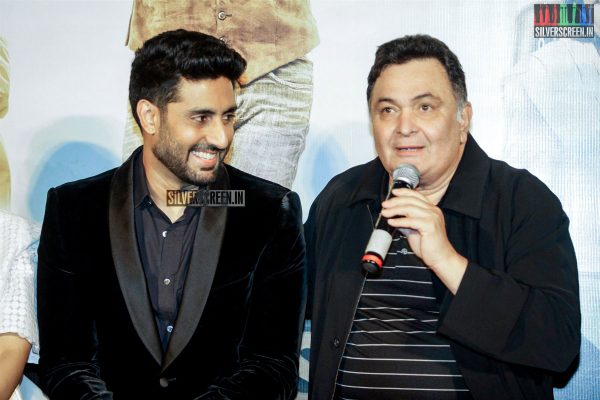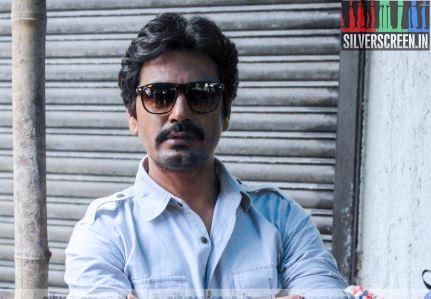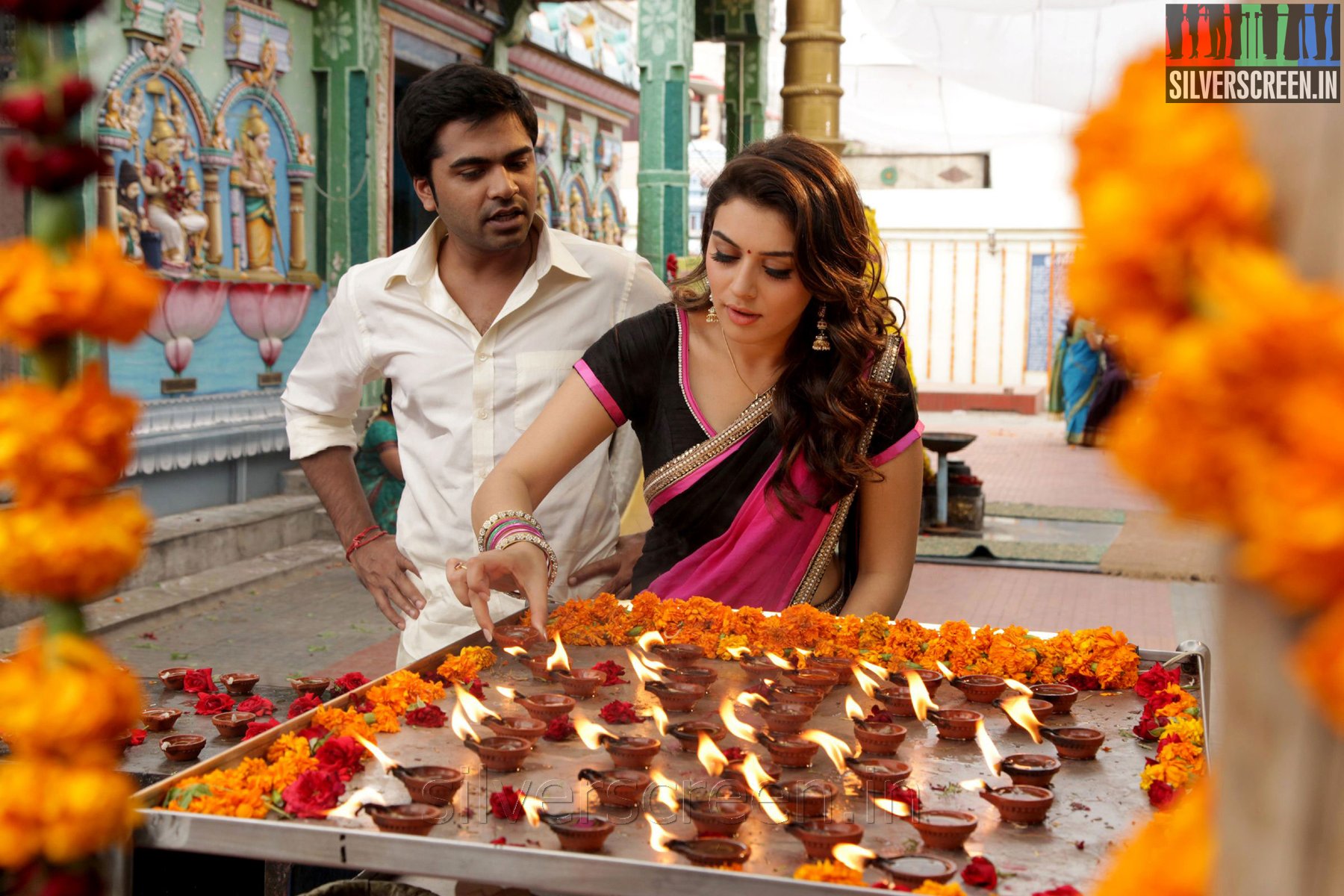Bollywood actor Nawazuddin Siddiqui recently released his memoir An Ordinary Life, but was quick enough to withdraw it when two of his ex-girlfriends, Niharika Singh and Sunita Rajwar, lambasted him for distorting facts to make his memoir more sensational.
Niharika slammed Nawazuddin for not taking her consent before sharing their personal equation with the world in his memoir. She said the way he has “painted” her image, it appears he doesn’t mind disrespecting a woman to boost the sales of his book.
“Nawaz and I had a brief relationship in 2009 during the making of Miss Lovely that lasted less than a few months. So today, when he paints me as a woman in fur enticing him into her bedroom with candles, or desperately calling him and mailing other women on his behalf, I can only laugh. He obviously wants to sell his book and it would appear that he is willing to exploit and disrespect a woman just to do so,” Niharika said.
Excerpt from the book:
“For the very first time, I went to Niharika’s house. I rang the doorbell, slightly nervous. When she opened the door, revealing a glimpse of the house, I was speechless with amazement. A hundred, or so it seemed, little candles flickered beautifully. She wore soft faux fur, looking devastatingly gorgeous, her beauty illuminated even more in the candlelight. And I, being the lusty, village bumpkin that I am, scooped her up in my arms and headed straight to the bedroom. We made passionate love.”
Early this week, Nawazuddin apologised and announced that he is withdrawing his book after a complaint was reportedly filed against him for outraging the modesty of Singh.
I m apologising 2 every1 who’s sentiments r hurt bcz of d chaos around my memoir #AnOrdinaryLife
I hereby regret & decide 2 withdraw my book— Nawazuddin Siddiqui (@Nawazuddin_S) October 30, 2017
Rishi Kapoor
This isn’t the first time a star faced flak after what was published in their memoirs. Recently, Rishi Kapoor released his memoir Khullam Khulla where he revealed that he bought an award for himself. When in an interview on India Today TV, anchor Rajdeep Sardesai prodded Rishi about the “Filmfare Award” he bought, the actor said: “No no no… I have not said any names… I just said I bought an award for Bobby.” When Sardesai reminded him that it was indeed the Filmfare Awards which gave him the Best Actor award for Bobby in the same year as Amitabh Bachchan was in competition for his iconic performance in Zanjeer, Rishi said: “It was one of the awards.”

Soon enough, he came clean about why he spent Rs 30,000 to buy that award.
“But I was all of 20-21 years old. I was suddenly a huge star after Bobby. I was a real brat. I was flying in those days… Then somebody came to me and said that ‘We can get this award… Would you like to have it?’ So I said ‘Sure’. The person said it will cost Rs 30,000… Back then, it was big money,” the 64-year-old recounted.
He also added that it was one of the worst things he had done in his life.
“It was my age, I had no vision, nothing was correct for me at that point of time. I was a rich man’s son, and I felt richer being an actor. I threw money around and I regret it very much.”
Hema Malini
Hema Malini’s memoir Beyond The Dreamgirl has a foreword written by Prime Minister Narendra Modi. Written by former editor of Stardust and producer Ram Kamal Mukherjee, the book promises to give readers an in-depth look into her life.

In 1999, Hema Malini campaigned for the BJP candidate in the Lok Sabha elections in Gurdaspur, Punjab. She is now a BJP MP from Mathura constituency.
On the book, Mukherjee said, “It is divided into 23 chapters, covering her childhood, teens, Bollywood, rise as an actor, romance, colleagues, marriage, her second innings, launching Shah Rukh Khan in Dil Aashna Hai — which she directed — her ballet, her political journey and spiritual journey. There are two chapters dedicated to her daughters Esha and Ahana. She has also spoken about her singing career. This book will also have Hemaji’s family tree, which has not been published earlier, and there will be a lot of exclusive unseen photographs from her personal, professional and political spheres.”
Other memoirs
Romancing with Life, based on the life of late actor Dev Anand, was one of the first-ever full-fledged memoirs by a leading Bollywood star. In the book, Dev Anand tells stories of his youth in 1930s Gurdaspur and Lahore; his years of struggle in 1940s Bombay; his friendship with Guru Dutt and his doomed romance with Suraiya; his marriage to co-star Kalpana Kartik; his relationships with his brothers Chetan and Vijay Anand, with S.D. and R.D. Burman, with contemporaries Dilip Kumar and Raj Kapoor — both of whom he was very close to — and with heroines like Geeta Bali, Madhubala and Meena Kumari.
Another book, Speaking of Films, brings together some of Satyajit Ray’s most memorable writings on films and filmmaking. With the masterly precision and clarity that characterise his films, Ray discusses a wide array of subjects — the structure and language of cinema, with special reference to his adaptations of Tagore and Bibhuti Bhushan Bandopadhyay, the appropriate use of background music and dialogue in films, the relationship between a filmmaker and a film critic, and important developments in cinema such as the advent of sound and colour.
He also writes about his own experiences, the challenges of working with rank amateurs, and the innovations called for when making a film in the face of technological, financial and logistical constraints.
Recommended
In the autobiography, Dilip Kumar – The Substance and the Shadow, the actor candidly recounts his interactions and relationships with a wide variety of people not only from his family and the film fraternity but also from other walks of life, including politicians. While seeking to set the record straight, as he feels that a lot of what has been written about him so far is “full of distortions and misinformation”, he narrates, in graphic detail, how he got married to Saira Banu, all of which reads like a fairy tale.
And Then One Day by Naseeruddin Shah is a rare memoir brimming with substance and honesty. He makes no effort whatsoever even to hide his trysts with women, dope or smoking. He also narrates his dislike for masala movies and explains why he does what he does. The chapters based on his love for cinema and theatre are so full of life that one is often lured to assume it is a kind of conversation, as if Shah has been narrating the story himself from the stage and the reader is passionately listening to him.
(with inputs from IANS)



